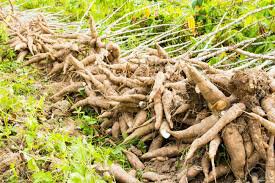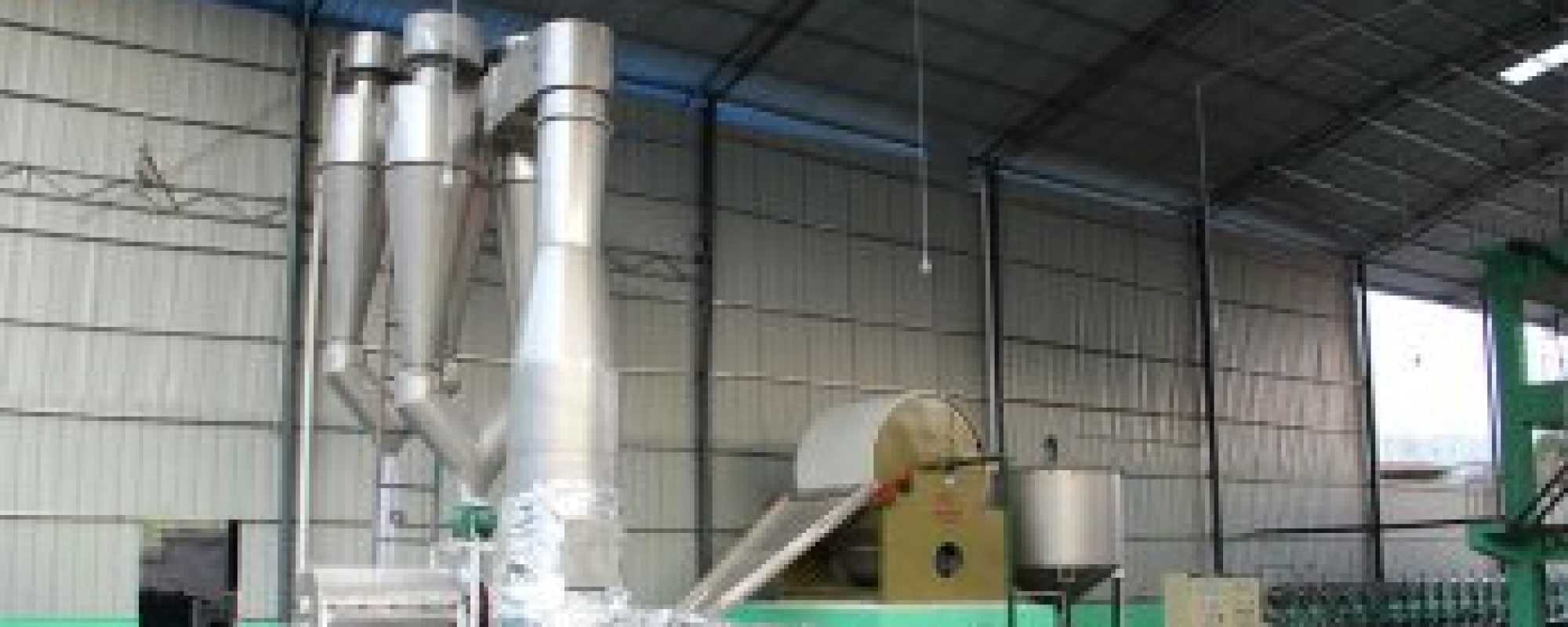
Out of the numerous staple crops with the highest production and consumption in Africa, cassava is one of (if not the only) most celebrated tuber crop which has gained high momentum in terms of utilization in recent times.
Nonetheless, in Nigeria and West Africa, cassava still suffers countless of challenges especially when it comes to advanced mechanization and application of improved varieties that tends to not only increase yields per hectare of land but also place the crop in a position of higher value in the global market.
Recent researches has been carried out and a static number of factors has been associated to this under positioning challenge. They are discussed in brief below;
- Inadequate Orientation/Information
In Africa and Nigeria in particular, most local cassava processors don’t have enough access to information about new ways and new products that can be derived from cassava aside from the common garri, fufu, lafun and starch. This in return leads to high wastage level of by-products from the crop such as the leaves, the peel, even to the waste water from fufu processing which can be fermented and refined to produce artificial palm wine and ethanol.
- Lack of Modern technology
Modern farming and processing technology has in no way helped in utilizing and improving cassava for global economic advantage. In Nigeria, local farmers and out-growers are not presently exposed to proper mechanized farm practice, improved cassava varieties and modern processing equipments and machineries.
- Uncertainty of Ready Market;
Although there are now a direct involvement of educated farmers who invests in the cassava business, adopting new improved varieties that absolutely increases the yield by an average of 50%. Few of the educated cassava farmers still suffers the challenge of marketing their farm produce to a ready buyer (processing companies). The tubers being quick perishable becomes a loss to the farmers if not sold out after two-three days after harvest.
All these and more underlying challenges has faced, still facing and may continue to be faced by cassava local farmers and processors if no adequate measures is taken to tackle the challenge.

